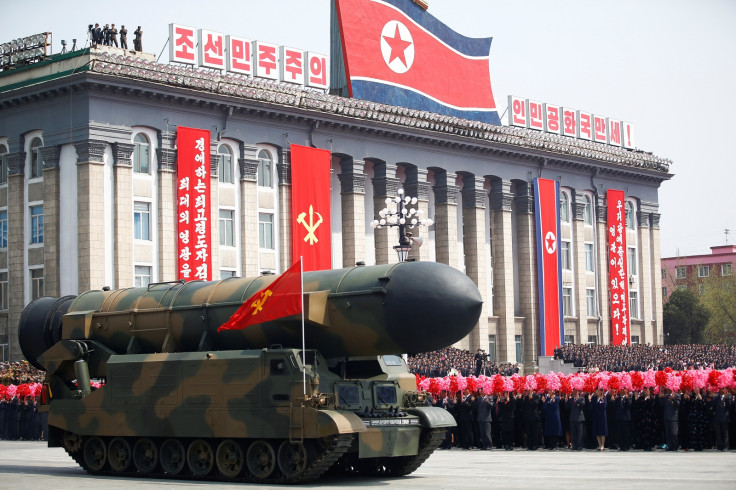Trump administration blames North Korea for WannaCry ransomware attacks
The WannaCry attacks spread like wildfire across the globe in May, affecting schools, hospitals, businesses and more.
The Donald Trump administration has publicly blamed North Korea for orchestrating the massive WannaCry ransomware attacks that knocked off computers across the world in May. The attribution, which is reportedly supported by private security firms as well as the UK government, serves as an aggressive move for the Trump administration, especially given how rarely attributions are made public.
The US is not the first to blame North Korea for WannaCry. Earlier in the year, Britain's spy agency GCHQ's cyber arm the NCSC (National Cyber Security Center) also believed that North Korea was responsible for the global ransomware epidemic. The NSA as well as several cybersecurity firms also accused Pyongyang's hackers for orchestrating the attacks that spread like wildfire across the globe in May, affecting schools, hospitals, businesses and more.
"The attack was widespread and cost billions, and North Korea is directly responsible," US president Donald Trump's homeland security advisor Tom Bossert wrote in a Wall Street Journal op-ed. "We do not make this allegation lightly. It is based on evidence. We are not alone with our findings, either. Other governments and private companies agree. The United Kingdom attributes the attack to North Korea, and Microsoft traced the attack to cyber affiliates of the North Korean government.
"The consequences and repercussions of WannaCry were beyond economic. The malicious software hit computers in the UK's health-care sector particularly hard, compromising systems that perform critical work. These disruptions put lives at risk."
The Washington Post reported that the US has publicly released details of hacking tools used by North Korean hackers and has worked with other nations to restrict Pyongyang's ability to conduct destructive cyberattacks or launch money-making campaigns.
"Stopping malicious behavior like this starts with accountability," Bossert wrote. "It also requires governments and businesses to cooperate to mitigate cyber risk and increase the cost to hackers. The U.S. must lead this effort, rallying allies and responsible tech companies throughout the free world to increase the security and resilience of the internet."
Over the past few years, North Korean hackers have grown more brazen, orchestrating sophisticated bank hacks, cyberespionage campaigns against neighbouring rivals, stealing military secrets and more.
However, the Trump administration appears to be taking an aggressive stance on curbing Pyongyang's hacking activities. "Mr. Trump has already pulled many levers of pressure to address North Korea's unacceptable nuclear and missile developments, and we will continue to use our maximum pressure strategy to curb Pyongyang's ability to mount attacks, cyber or otherwise," Bossert concluded.























